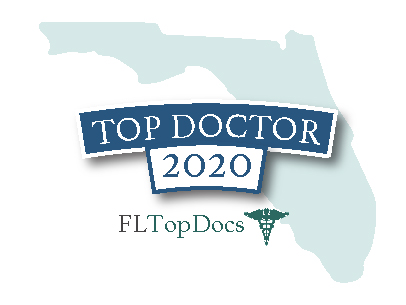When the movie “Jaws 2? came out, the tagline was “just when you thought it was safe to go back in the waterÂ….. After the breast implant scare that surfaced in 1990 with the “expose” by Connie Chung, it was over 10 years before enough data was gathered around the world to confirm, to a medical certainty, that breasts implants did not make women ill, and did not put them at risk for breast, or any other cancer. Women returned to plastic surgeons offices in droves to have the implants put in that they had desired, but postponed, during media hysteria.  Unfortunately, in a distressing nod to Jaws 2, it can be said: “just when you thought it was safe to get back into the plastic surgeonÂ’s officeÂ….. Now, there is new data suggesting a possible association between implants and a very rare cancer.Â
Medical certaintly is not the same as 100% sure. For one thing, it is not possible to prove a negative. No one can prove now and forever that breast implants do not cause cancer because there is always the hypothetical possibility that some woman, some where, under just the right set of circumstances, may experience just that. All it takes is one case to blow medical certainty out of the water.
Medical knowledge is not static. It is constantly changing as new information is discovered. Doctors can only practice according to what knowledge is available at the time. Until recently, there has been no connection observed between women having breast implants and increased risk of any cancer.
Recently, reports have begun to surface of a few women with implants developing a very rare form of cancer, anaplastic large cell lymphoma (ALCL). This is a cancer of the lymphatic system. In the United States, ALCL occurs in 1 out of 500,000 women. ALCL arising in the breast is much rarer still, with an incidence of 3 out of 100 million women.
Between January 1997 and May 2010 a total of 34 unique cases of ALCL arising in the breasts of women with implants has been reported to the Food and Drug Administration. Two thirds received implants for reconstruction following breast cancer treatment. Most of the others were for cosmetic breast augmentation with a few not specified. More than half of the implants were silicone gel filled versus saline. In only four cases was the implant type, smooth surface versus textured surface, noted and in those all were textured implants(This does not seem terribly surprising given that textured implants, which have a “fuzzy” surface, are more prone to seromas than the smooth style. It remains to be seen if this connection is borne out with more investigation).
Nearly all the women with ALCLÂ had their implants for 8 years or more. Most cases were diagnosed when the women underwent revision surgery for persistent fluid (seroma)Â around the implants and/or for hardening of the breasts. In all cases the cancer was confined to the space between the implant the capsule of scar surrounding it.
Because of past concerns regarding implants and their potential to cause illnesses or cancer, which led to a moratorium on silicone gel implants for cosmetic use for nearly 15 years, the FDA is moving very quickly on this. The FDA and the American Society of Plastic Surgeons have collaborated to establish a registry of patients with ALCL and breast implants and are asking that new cases be reported immediately. Because of the rare nature of ALCL, especially in breast patients, it may be as long as ten years, possibly more, before there are enough numbers of women to be able to draw conclusions.
In the FDA white paper published in January 2011 (http://www.fda.gov/MedicalDevices/ProductsandMedicalProcedures/ImplantsandProsthetics/BreastImplants/ucm239996.htm) three key findings were noted. There may be an association between breast implants and ALCL. At this time it is not known what type of implant may be associated with a higher or lower risk of ALCL. The connection to textured implants is tenuous at best. The true cause of ALCL in women with breast implants is not known.
What are women with implants to do now? Because of the small numbers and the inability to make statistically valid conclusions, the FDA does not recommend that women with breast implants have these removed if they are not having any problems. At this time, the FDA does not feel that this issue is sufficient to warrant any change in the safety status of breast implants. As new information becomes available, this will be made public. One of the lessons learned with the implant controversy of the 1990Â’s- 2000Â’s was the importance of transparency in averting uninformed speculation and misinformation in the media.
Women who have noted hardening of their implants after years of being soft or who note swelling or fluid around their implants should have these checked. Routine breast surveillance for cancer is as important for women with implants as for those without them. It is important not to lose sight of the fact that women have a lifetime risk of breast cancer of between in 1 in 9 and 1 in 11, with or without implants, compared to the tiny risk of ALCL.





